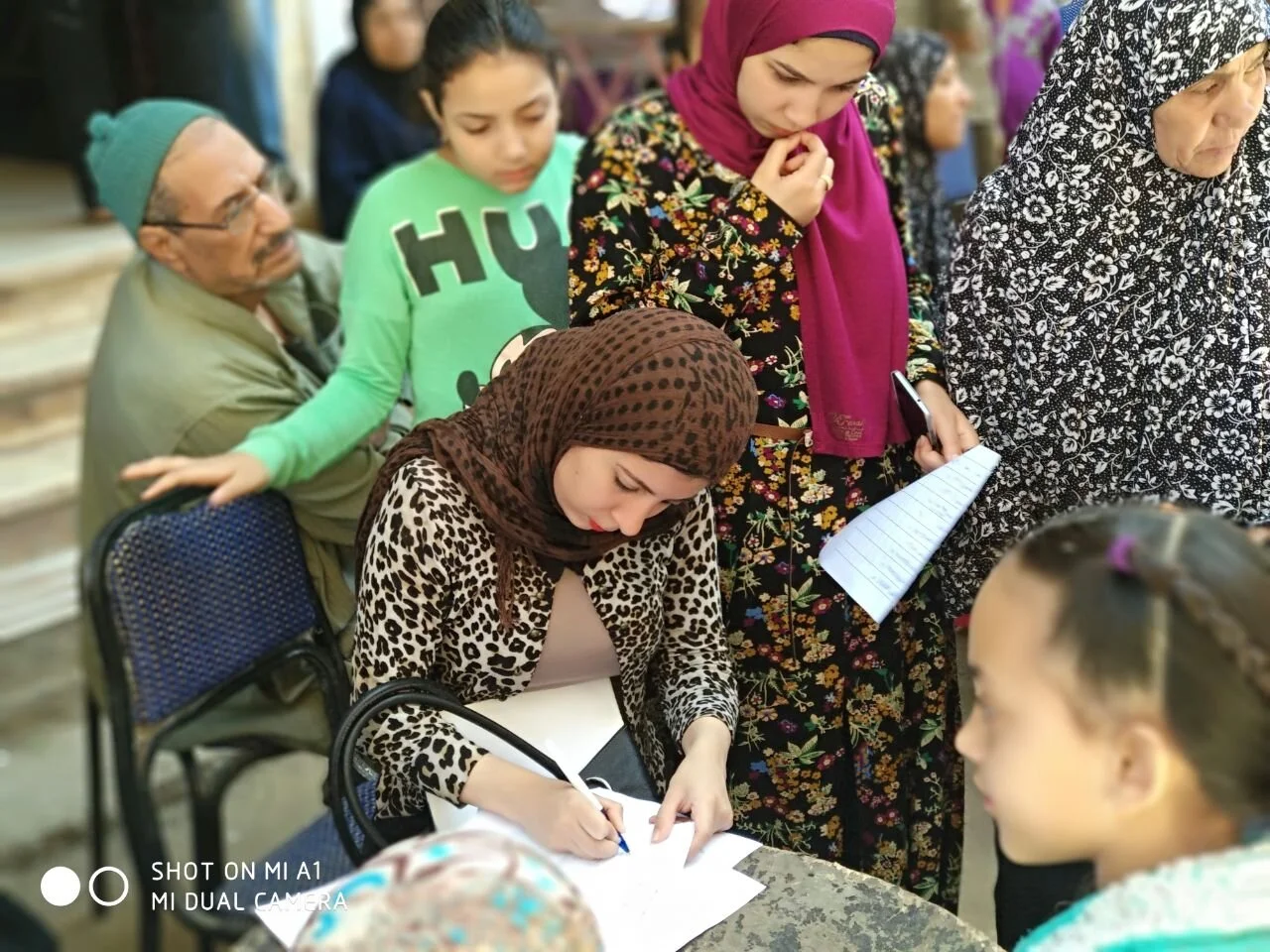Between evidence and practice: How can we fill the gap?
I took a journey from Cairo to London to start my Master’s degree in Public Health and was planning to complete the health promotion stream before fully understanding much about the programme's content or it's methods of teaching. I was excited to finally put the pieces of the puzzle together. I was equipped with experience from the field, as well as a passion to fulfil a purpose in meeting the health needs of my country. Now I needed the theory; the theory that humankind has developed and utilised to improve the lives of many.
Working in a low- and middle-income setting is often challenging and chaotic. Imagine working in the full absence of a system where you rely mostly on people with subjectivity in values, limited knowledge and behavioral differences. We are all driven by a motivation to induce change, improve lives and bring about equality. Science works to provide the evidence you need to intervene in various settings. It explains the phenomenon we see and puts a great deal of effort into controlling the factors that might confound the impact we are aiming for. It gives you some tools, frameworks and sometimes prerequisites to facilitate the process as well as make it rigorous and replicable.
Photo credit: Unsplash
However, the question is: what if the context does not permit the incorporation of these frameworks? What if these tools are not fully relevant or applicable to all contexts? What if these facilitators became barriers that need addressing? Will evidence and science suffice as tools to bring about change? Or are they goals in themselves that we continue to chase?
Doing more research to fill the gap is usually the easy answer to these questions. But we need money and resources to do that research, don’t we?
This leads us to another question: should it be a priority to direct our limited resources to interventions that we merely hope will be beneficial, or should we remain loyal to evidence-based decision making no matter how many resources this entails? And most importantly, who sets these priorities?
I am taking the same journey in a few months and returning to Cairo with more questions than I left with, wondering if I have succeeded in completing the puzzle, or if I will be starting a new one with new perspectives.
To be explored...
This photo was taken during a mobile clinic for early detection of eye diseases in an Egyptian village, as part of the first project Dalia worked as its coordinator at Shamseya for Innovative Community Healthcare Solutions.


